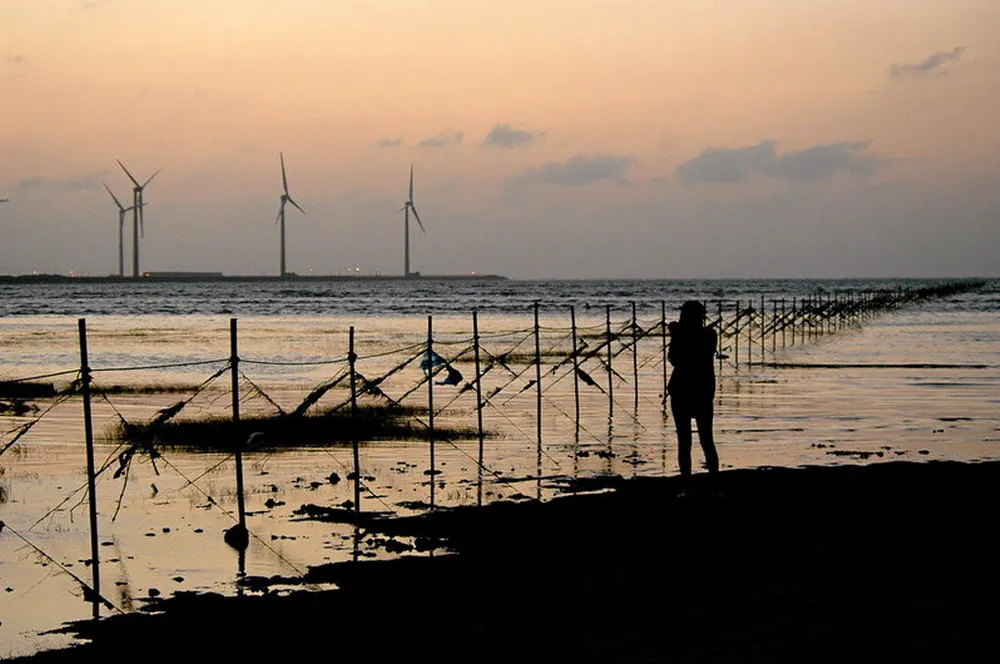Taiwan's stalled offshore wind sector tied in 'gordian knot' by local content
Asia-Pacific sector leader must balance developers’ needs against supply chain investors while addressing complaint by Europe alleging trade rule violations

Taiwan’s move to loosen local content requirements for offshore wind developers in its struggling third round of procurement brought an immediate backlash from supply chain investors and a backpedal from the economics ministry, offering no clear signal for policy direction, industry analysts said.
The nation is Asia-Pacific offshore wind leader outside China with some 5GW of capacity either in operation or late-stage development and another 5GW awarded in its latest multiphase Round 3 which aims to spur 15GW.
“If Taiwan wants to achieve the 15GW build-out target, the mitigation of the local content rules seems to be inevitable,” said Simon Engfred Schlichting, senior market analyst and regional lead for Asia-Pacific for offshore wind intelligence firm Aegir Insights.
The EU “probably has a good case, as the Taiwan localisation requirements do run against the WTO's fundamental concept re: open trade in goods/ services,” said John Eastwood, partner in Taipei-based Eiger Law. Eiger offers services to the offshore wind sector but is not involved in the WTO issue.
Open approach
Yet local suppliers are adamant that the government should stick with its policies. When the Ministry of Economic Affairs (MOEA) last month suddenly announced that as long as the wind farms can be connected to the grid on schedule, they would not be bound to local content contracts, Taiwan's supply chain erupted in outrage.
Manufacturers including Century Steel and Swancor Renewables immediately issued a public statement saying: “How can companies that trusted the government and made significant investments bear this? What happened to the principles of non-retroactivity in law and the protection of legitimate expectations?”
The government responded by clarifying that the 2.35GW of capacity awarded in Round 3.1 would still be bound to local content stipulations, while the 2.7GW of Round 3.2 projects “may apply for changes to the industrial policy plan”, which the ministry would handle on a “case-by-case review approach”.
Developers can request global sourcing if domestically manufactured components fail to meet quality or scheduling needs, or pricing is “unreasonable”.
For future Round 3 phases, “The industrial policy for this stage will take a more open approach,” MOEA said.
The WTO consultation remains ongoing as the island prepares for its next procurement expected in 2025, and industry watchers are guardedly optimistic that a compromise can be reached that will enable projects to go forward with better pricing.
“Compromise is going to be necessary to reach the Taiwan government goals while not having key European companies pull out,” said Eastwood.
The turmoil has prompted Aegir Insights to forecast that Taiwan “will come up short of their target in 2035 by a significant margin due to the current issues with project feasibility.”
(Copyright)